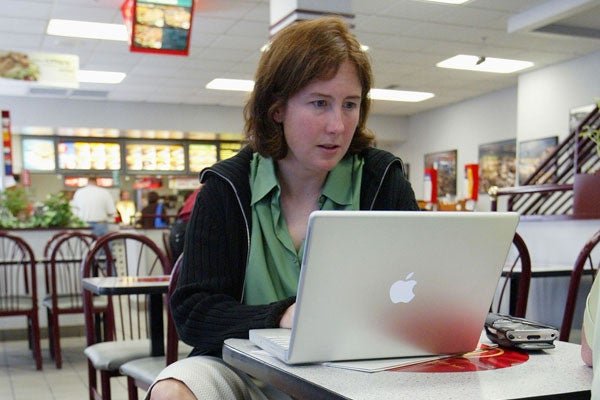Your support helps us to tell the story
From reproductive rights to climate change to Big Tech, The Independent is on the ground when the story is developing. Whether it's investigating the financials of Elon Musk's pro-Trump PAC or producing our latest documentary, 'The A Word', which shines a light on the American women fighting for reproductive rights, we know how important it is to parse out the facts from the messaging.
At such a critical moment in US history, we need reporters on the ground. Your donation allows us to keep sending journalists to speak to both sides of the story.
The Independent is trusted by Americans across the entire political spectrum. And unlike many other quality news outlets, we choose not to lock Americans out of our reporting and analysis with paywalls. We believe quality journalism should be available to everyone, paid for by those who can afford it.
Your support makes all the difference.Fourteen news organisations are urging a federal appeals court to allow online streaming of a hearing in a music downloading lawsuit the recording industry filed against a Boston University graduate student.
The brief filed on Thursday in the 1st US Circuit Court of Appeals argues that allowing webcasting of the Feb. 24 hearing is in the public interest, and is in keeping with camera access already granted in the courts.
The Recording Industry Association of America is appealing a Boston judge's decision to allow the webcast, which it says goes against federal court guidelines on cameras and threatens its ability to get a fair trial.
"It is hard to imagine a hearing more deserving of public scrutiny through the same technological medium that is at the heart of this litigation," the news organisations said in their brief to the appeals court.
The copyright infringement lawsuit is part an effort by the RIAA to stop online music sharing. Since 2003, it has filed civil lawsuits against about 35,000 people who allegedly swapped songs online.
Charles Nesson, a Harvard Law School professor representing Boston University graduate student Joel Tenenbaum, is challenging the constitutionality of the lawsuits.
US District Judge Nancy Gertner approved Nesson's request to allow a courtroom video service to transmit the hearing to Harvard's Berkman Centre for Internet and Society, which would stream it unedited on its website with free access. Gertner has said the RIAA also can subscribe to the video feed and stream it on a website of its choosing under the same conditions.
New organisations argued in their brief there was "nothing inherently harmful" in camera access to oral arguments, and countered the RIAA's claim that online streaming could be manipulated, saying the potential to edit video is no different from the potential to edit transcripts or a reporter's own notes. The news groups said the webcast would allow for more accurate reporting.
The news groups filing the brief includes Associated Press, New York Times Courtroom Television Network, Dow Jones & Co., Gannett Co. Inc., The Hearst Corp., Incisive Media, National Public Radio, NBC Universal Inc., Radio-Television News Directors Association, The Reporters Committee for Freedom of the Press, The E.W. Scripps Co., Tribune Co., and Washington Post Digital.

Join our commenting forum
Join thought-provoking conversations, follow other Independent readers and see their replies
Comments